School and lunch fees— the #1 priority.
The pandemic, the war in Ukraine, and persistent global inflation have halted years of gradual economic progress against deep-rooted poverty in Rwanda and much of the developing world. In Rwanda this is felt most painfully among the 83% of citizens living as subsistence farmers in rural areas such as Rulindo. Without personal savings, insurance, government bail-outs, or other financial safety nets, they are the most financially vulnerable. Faced with continuing high inflation, especially of food costs, more and more now struggle to pay school and lunch fees for their children.
Of all the things REE does, assisting with school fees is perhaps the most important. $75/year still covers the necessary cost of lunch, uniforms, paper/pens/notebooks, certain textbooks, and national exam registrations for day students in middle/high schools. For elementary day students the cost is $45/year, and $366/year for girls in boarding high schools. When unable to pay those fees, some students simply must drop out.
Yet more than ever, African youth need good education— vocational as well as academic. Science and math education, for example, can help create many more African doctors, scientists, and engineers to provide health care for their continent— but also to address critical biomedical, engineering, and environmental problems facing the entire human race.

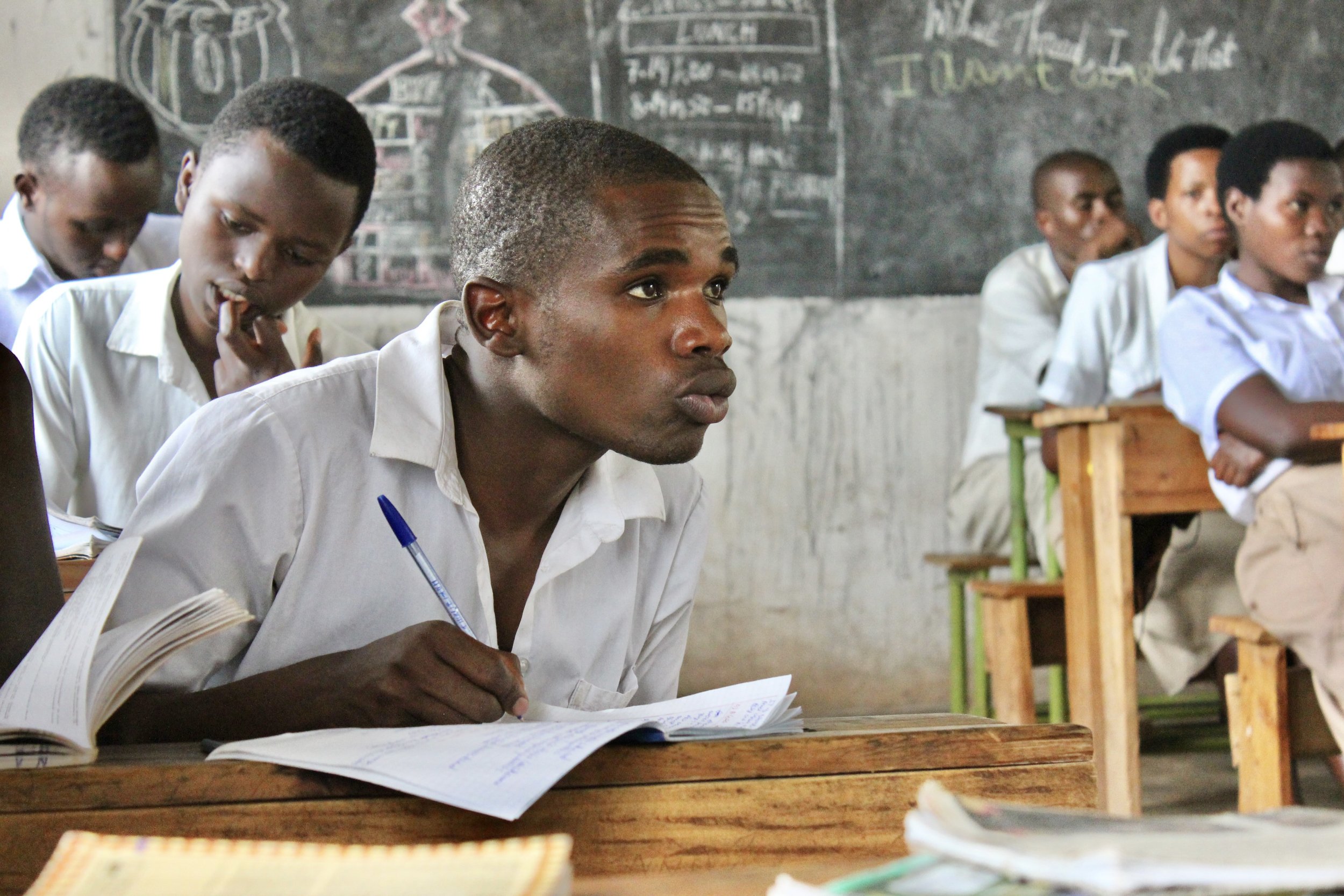
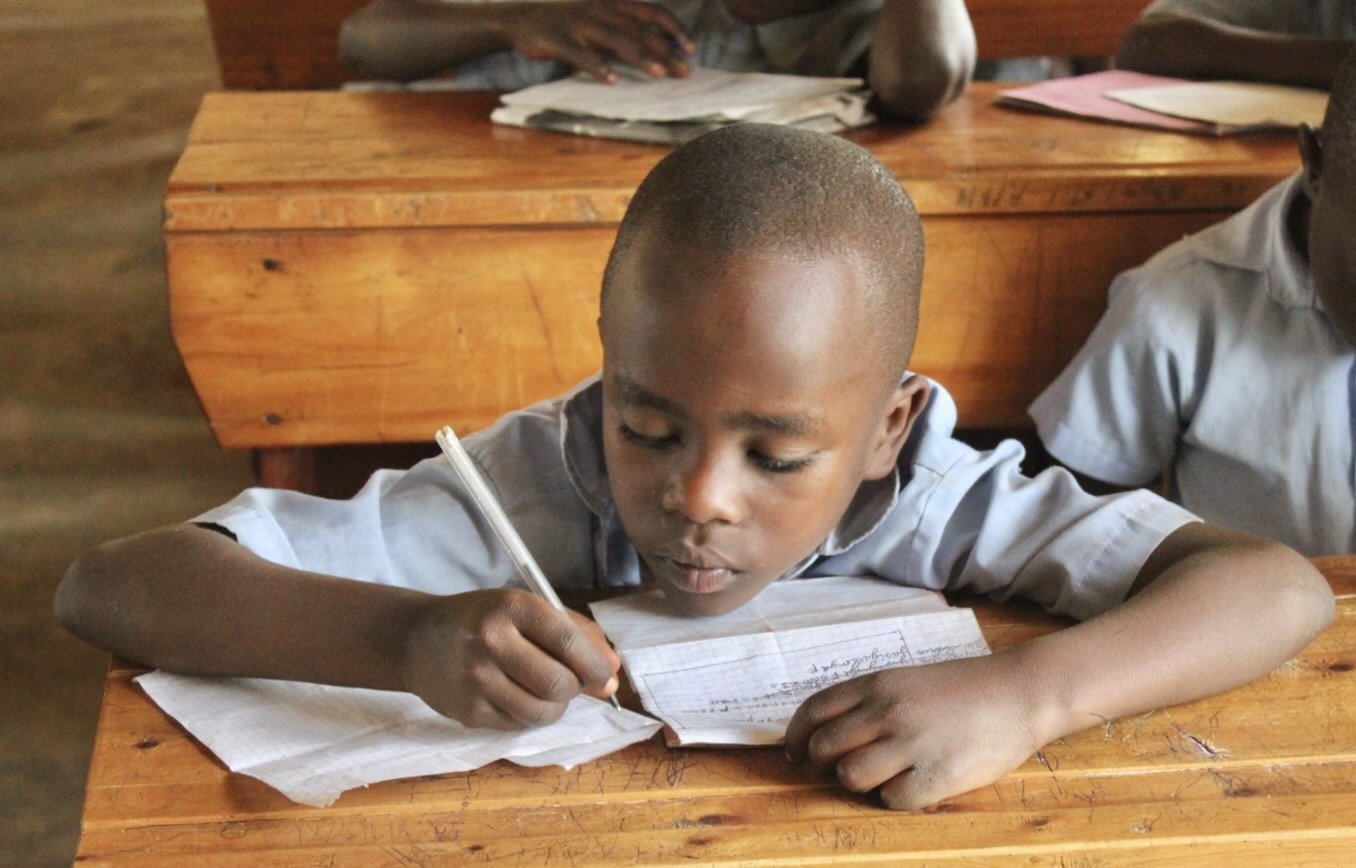
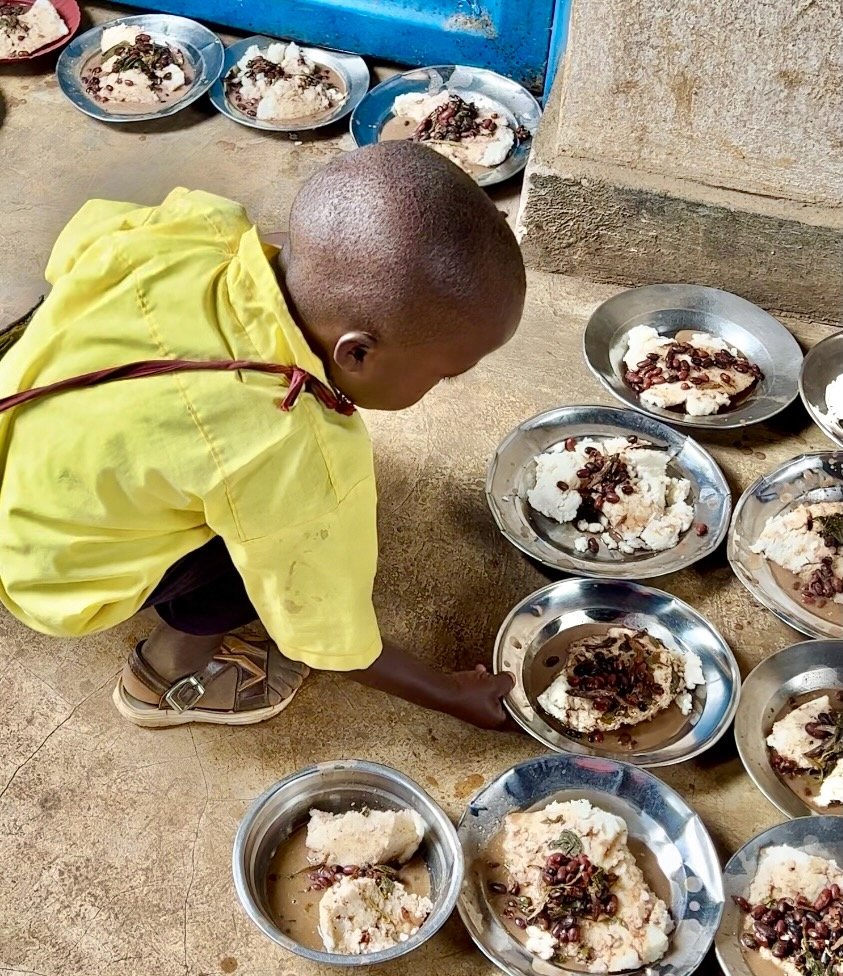



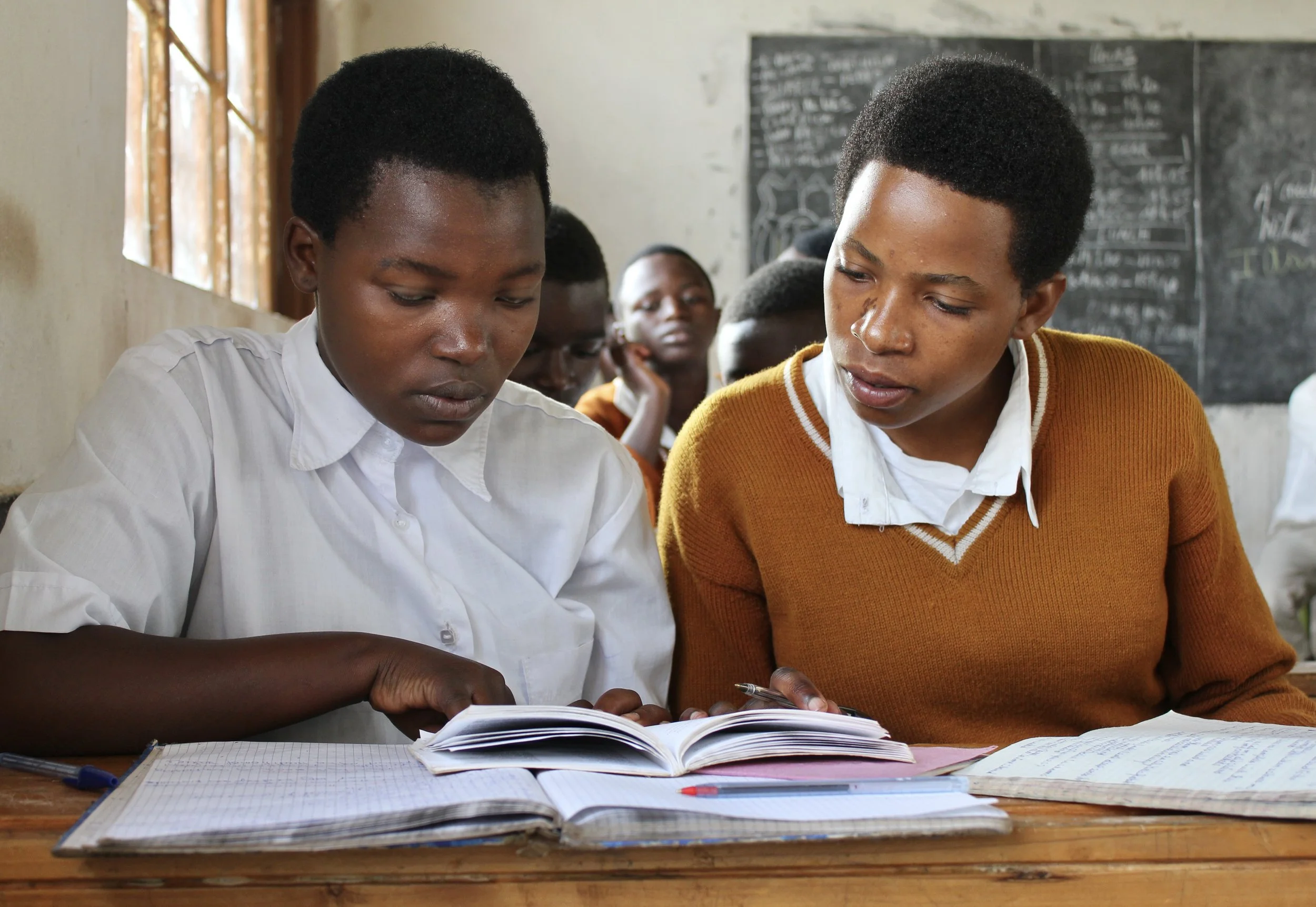


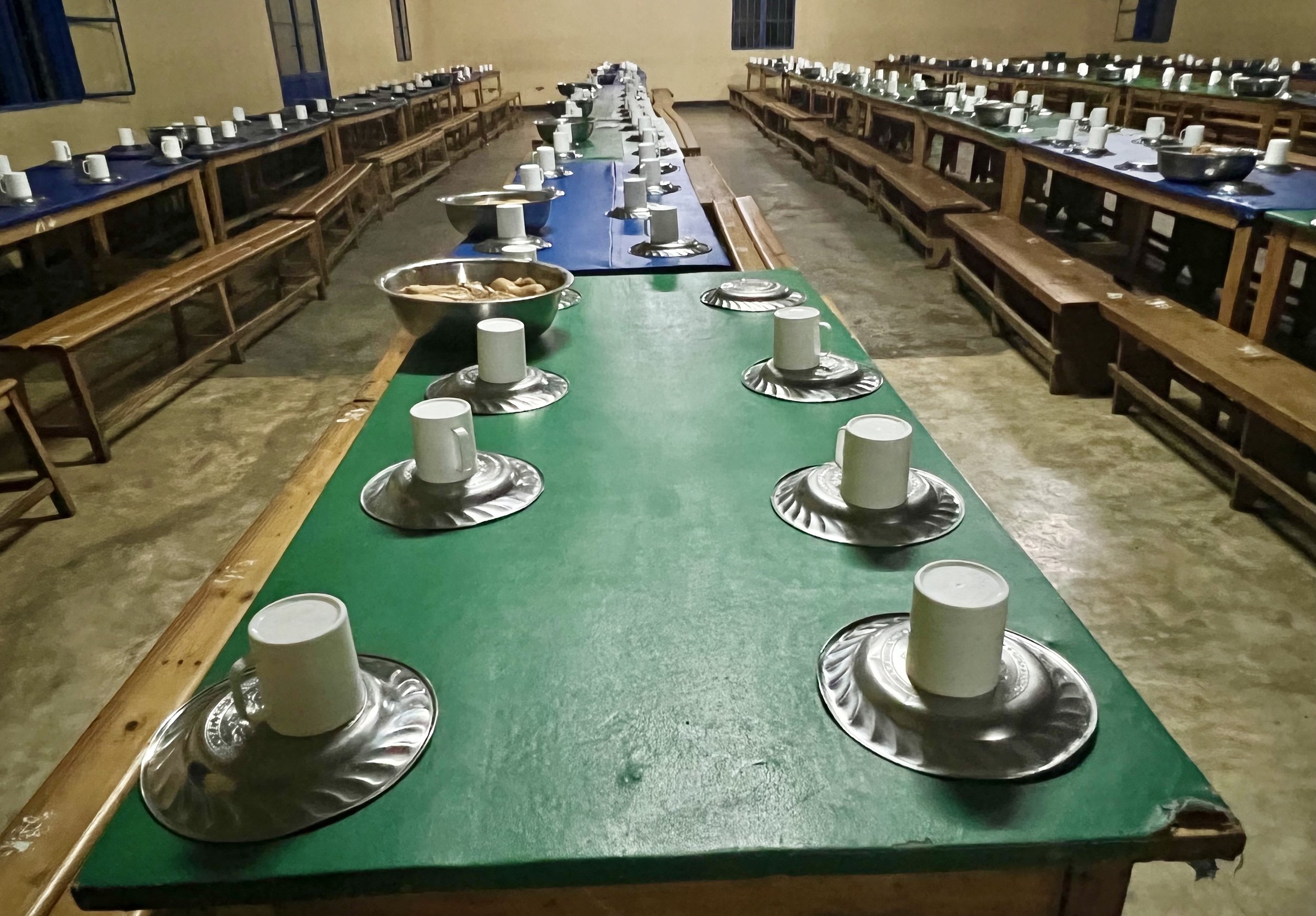
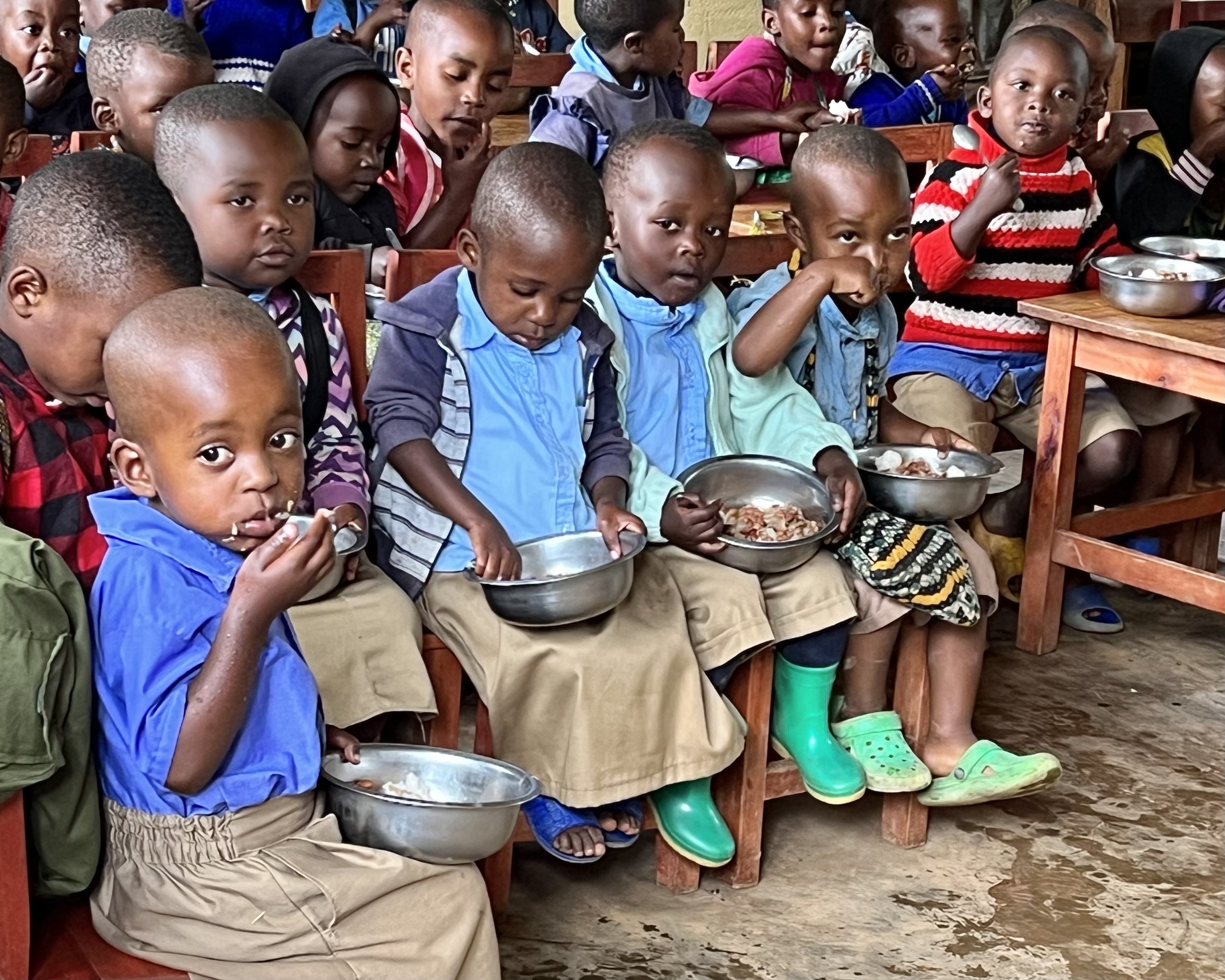
And US dollars go a long way in Rwandan education—for the price of a Chipotle burrito, you can provide a month of lunch for a middle schooler or 4 months for a kindergartener. The cost of a family day at Disneyland can keep 7 or 8 talented day students in high school for a year. Sponsoring school and lunch fees is a fruitful investment, at any level you choose, and 100% goes directly to cover the fees for students who can’t pay. REE deducts absolutely nothing from any donation for administrative expenses.
